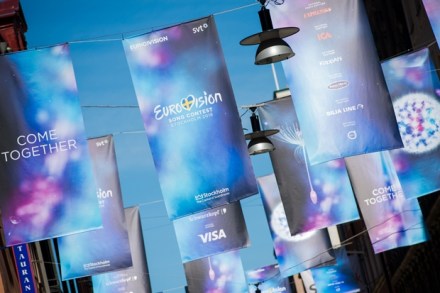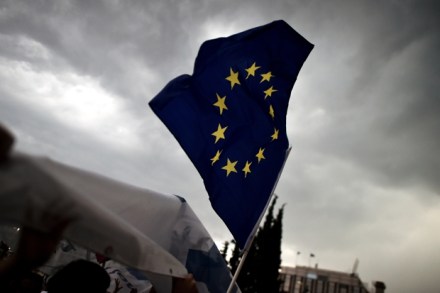Sweden’s refugee crisis
Stockholm For a British boy to be killed by a grenade attack anywhere is appalling, but for it to happen in a suburb of Gothenburg should shatter a few illusions about Sweden. Last week’s murder of eight-year-old Yuusuf Warsame fits a pattern that Swedes have come slowly to recognise over the years. He was from Birmingham, visiting relatives, and was caught up in what Swedish police believe is a gang war within the Somali community. Last year, a four-year-old girl was killed by a car bomb outside Gothenburg, another apparent victim of gang violence. Fraser Nelson and Ivar Arpi discuss the Swedish model for migration on this week’s Spectator podcast:




















